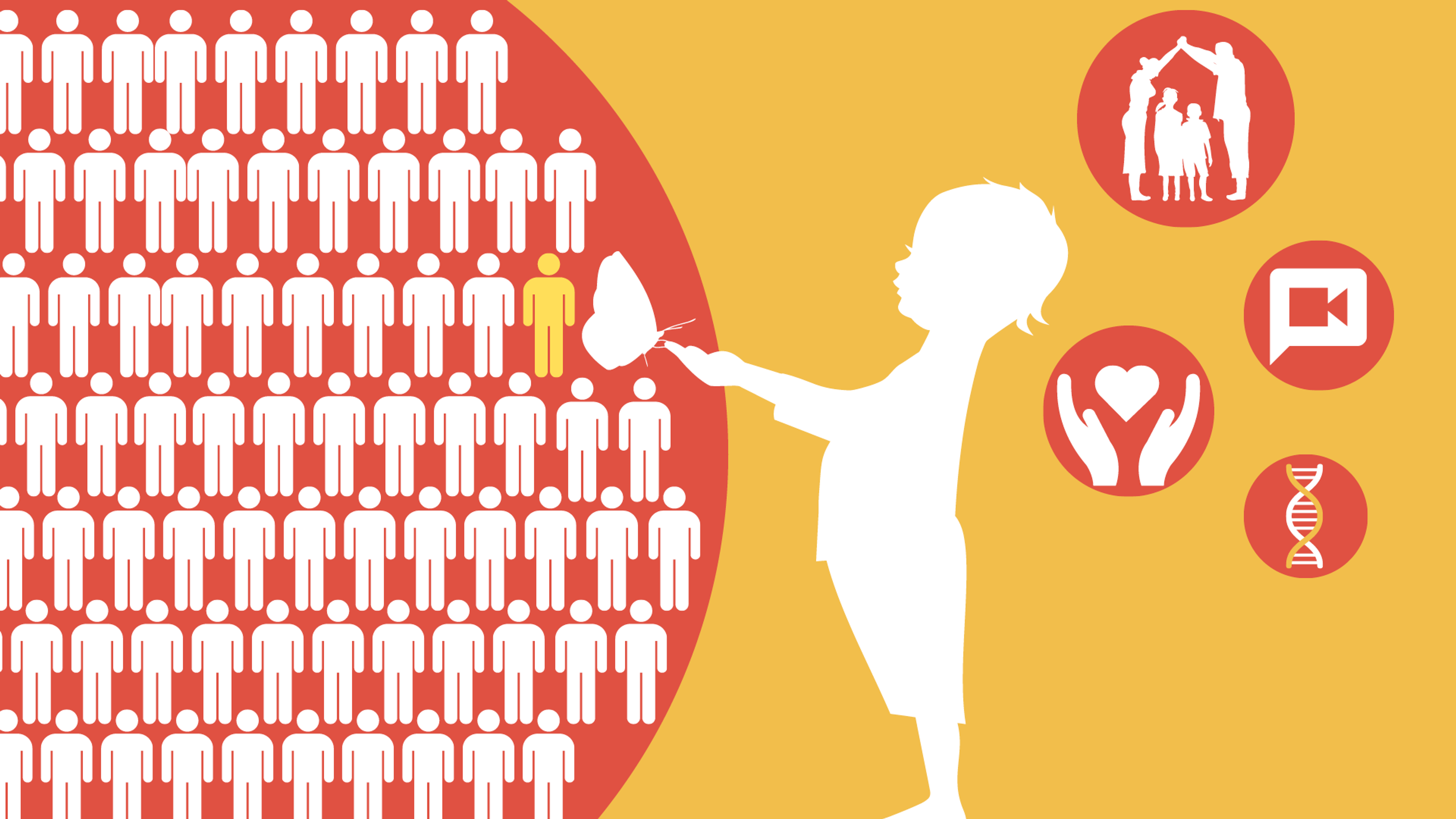
Read more

The third webinar of the 2023 series will air on July 20 and will be available on demand for the following 2 days (free).
Securing funding for healthcare research is rarely easy, but it’s particularly challenging for rare diseases. Each of these, by definition, affects a small portion of the population, making it easy for funders to overlook rare disease research. However, addressing the funding gap is crucial, because collectively rare diseases impact the lives of millions of individuals and their loved ones worldwide. Furthermore, research into rare diseases has the potential to drive forward our understanding of other more common diseases and of human biology overall.
To begin with, compelling governments to expand their support of research and development in rare diseases is an advocacy priority. In addition to traditional grants, government funding could go to research institutions and organizations dedicated to studying rare diseases. Additionally, governments can create incentive programs to encourage pharmaceutical companies to invest in rare disease drug development by providing grants, tax breaks, or extended exclusivity periods.
Public–private partnerships also play a key role in closing the funding gap. They can facilitate knowledge-sharing, resource-pooling, and joint efforts toward finding effective treatments and cures. Advocating for international cooperation is another key strategy. Establishing global networks and collaborations that include venture capitalists and banks can facilitate the sharing of research findings, best practices, and funding opportunities. International funding bodies and foundations can also prioritize rare disease research and encourage collaboration across borders.
In this panel discussion, participants will:
This webinar will last for approximately 60 minutes.
Julie Saba, M.D., Ph.D. (University of California, San Francisco, CA)
Christine Mueller, D.O. (US Food and Drug Administration, Silver Spring, MD)
Ford Runge, Ph.D. (University of Minnesota, St. Paul, MN)
Daria Julkowska, Ph.D. (Inserm, Paris, France)
Erika Gebel Berg, Ph.D. (Science/AAAS, Washington, DC)